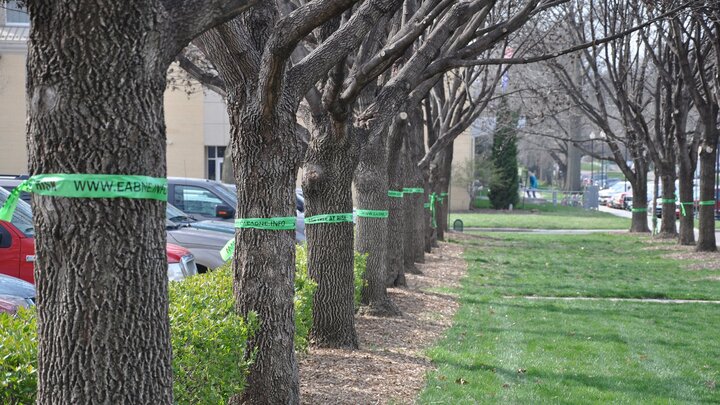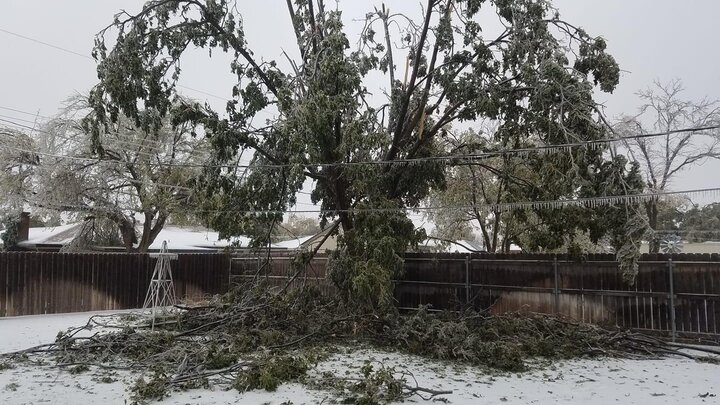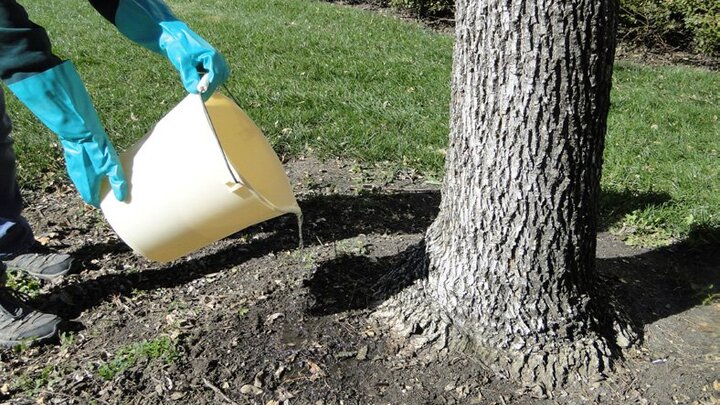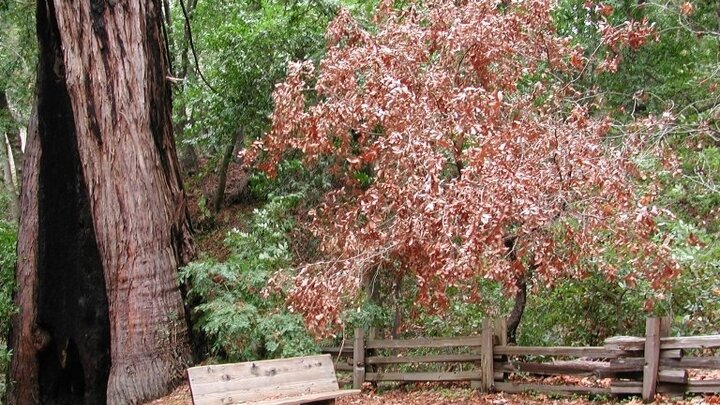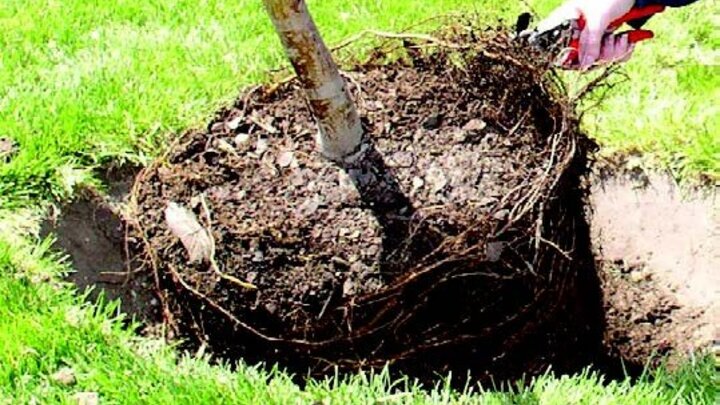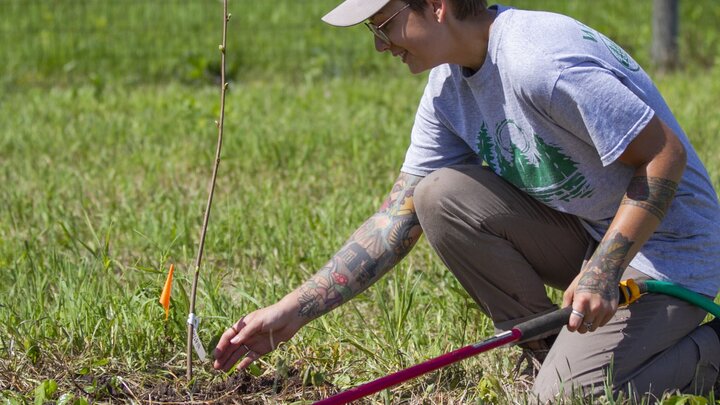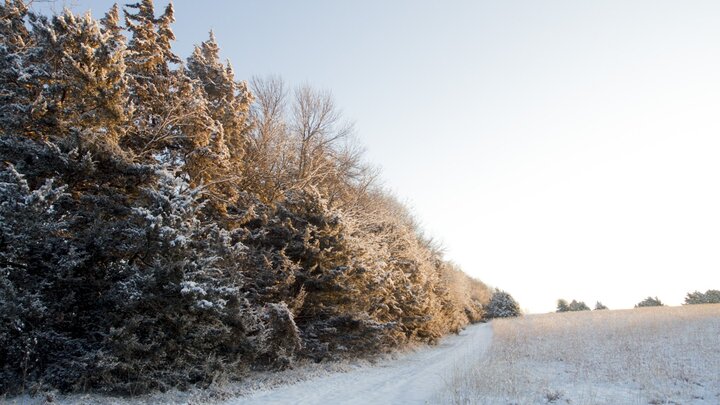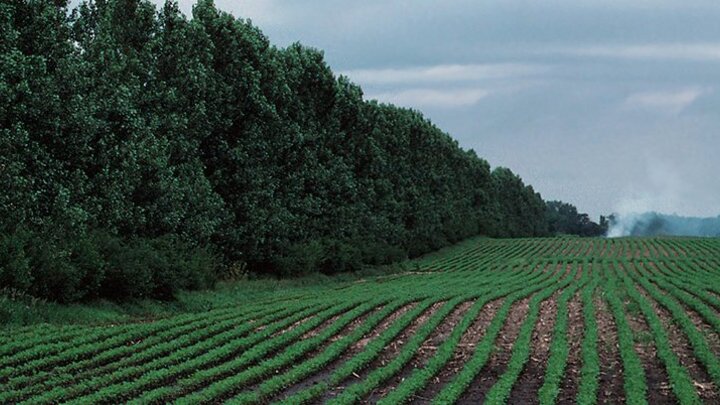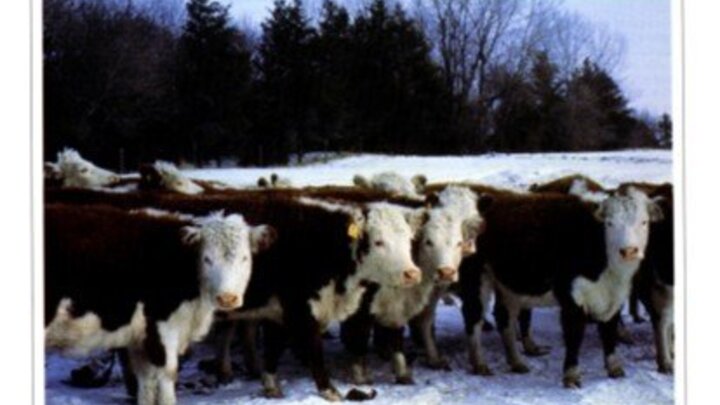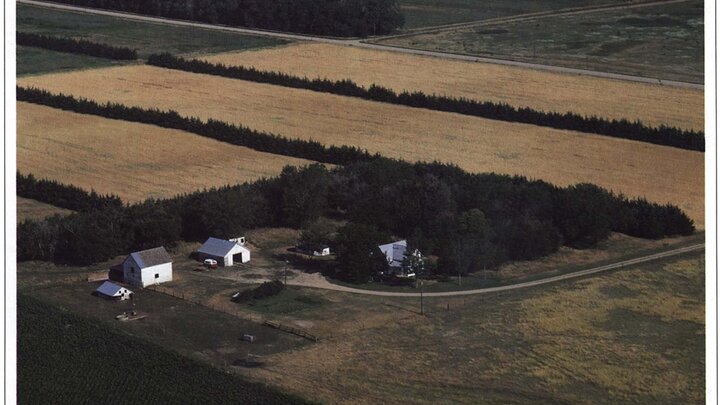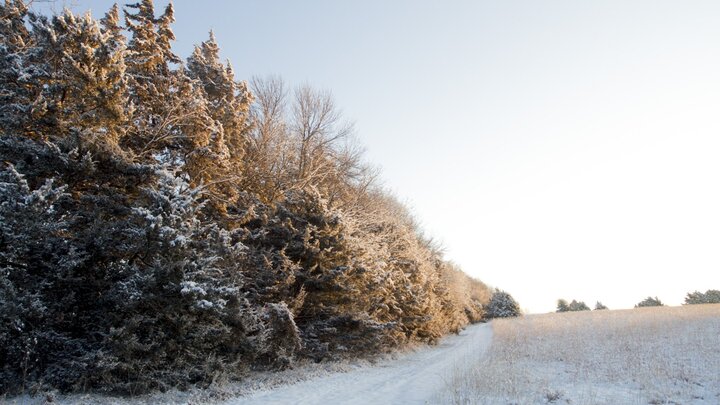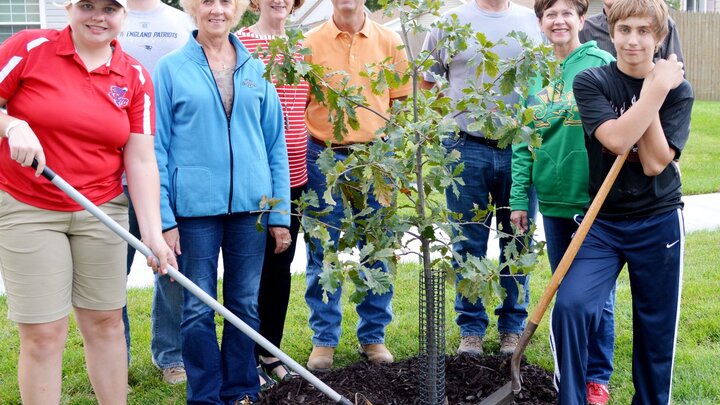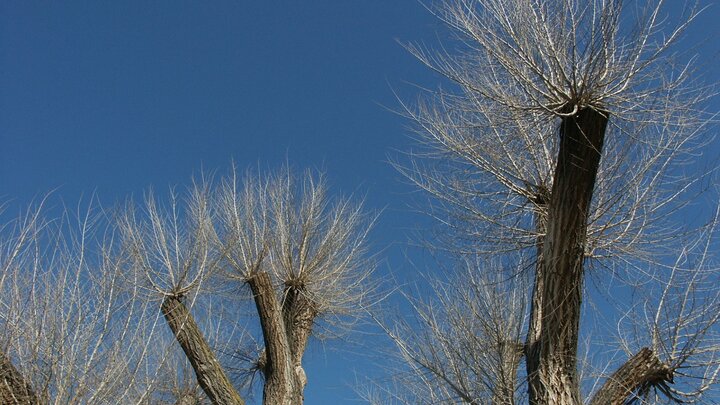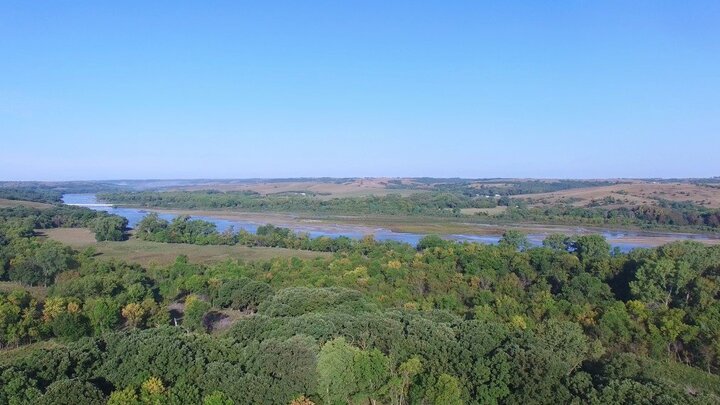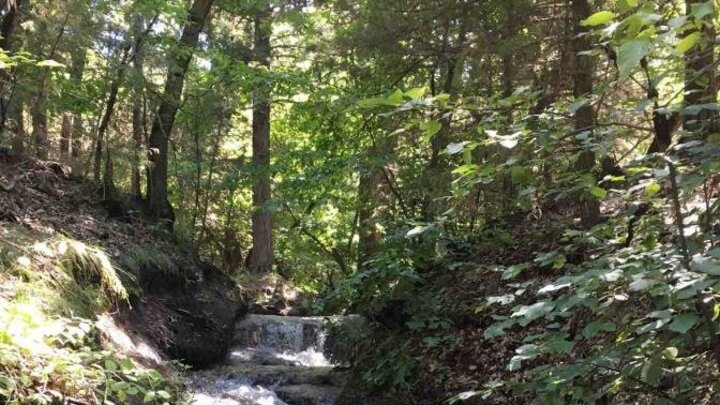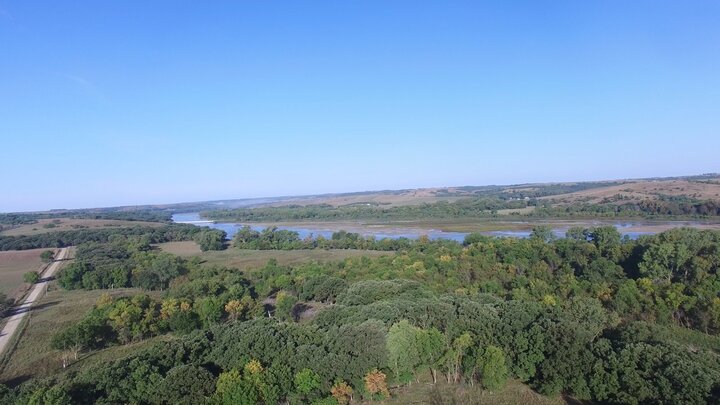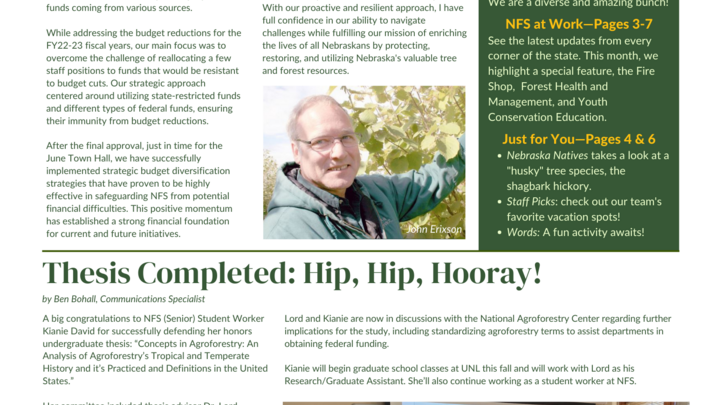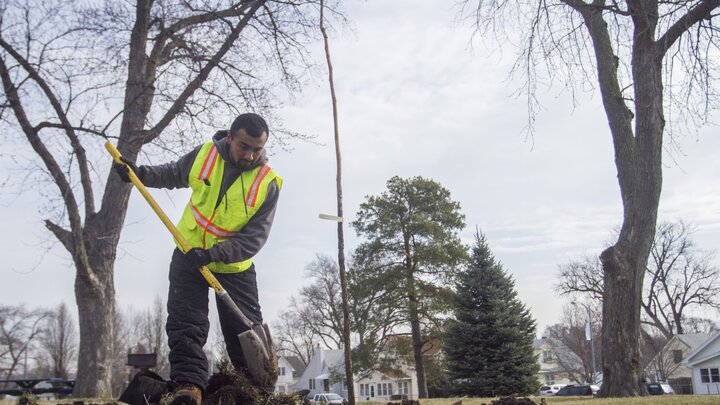
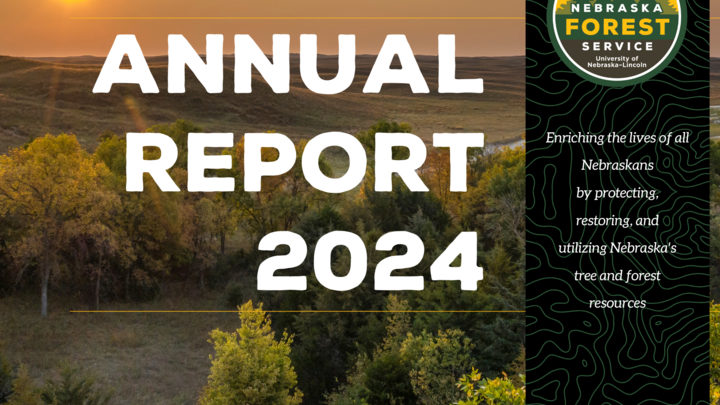
The Nebraska Forest Service (NFS) 2024 Annual Report highlights a year of significant growth and impact through federal funding, innovative partnerships, and expanded community eng
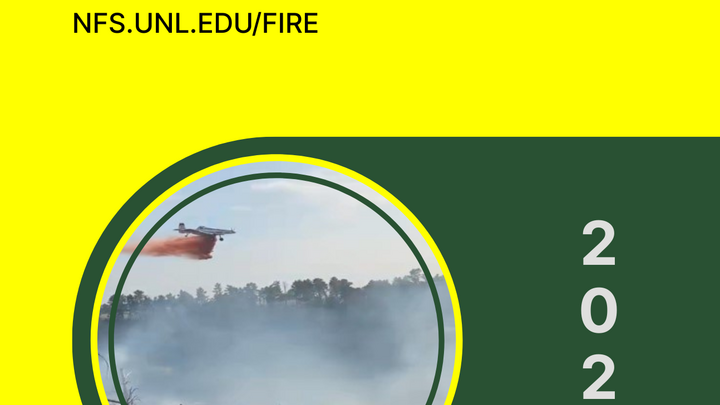
Developed in cooperation with the Nebraska Emergency Management Agency and Nebraska State Fire Marshal.

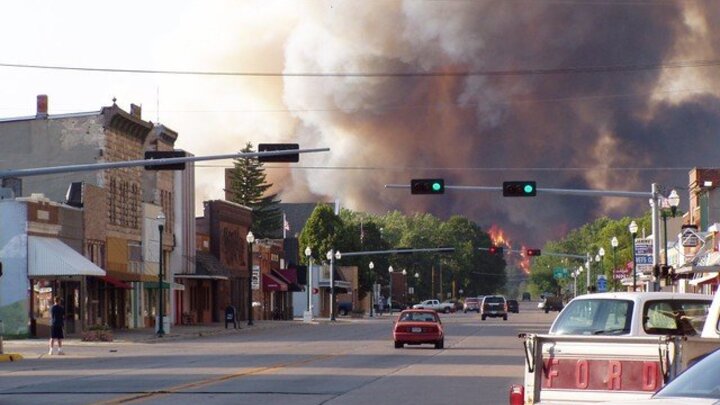
A Community Wildfire Protection Plan (CWPP) gathers together your community's resources to enhance wildfire mitigation and preparedness.
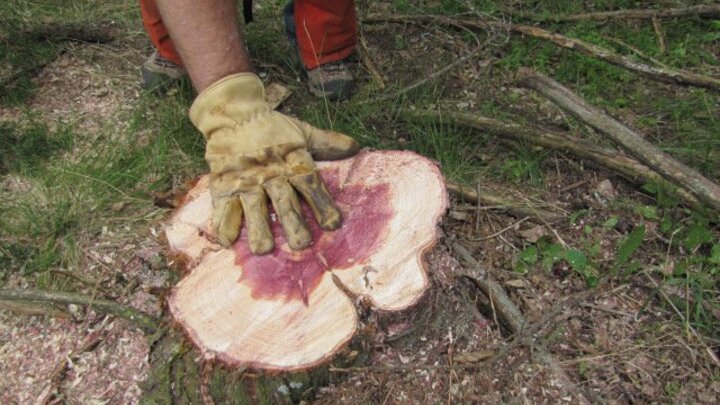
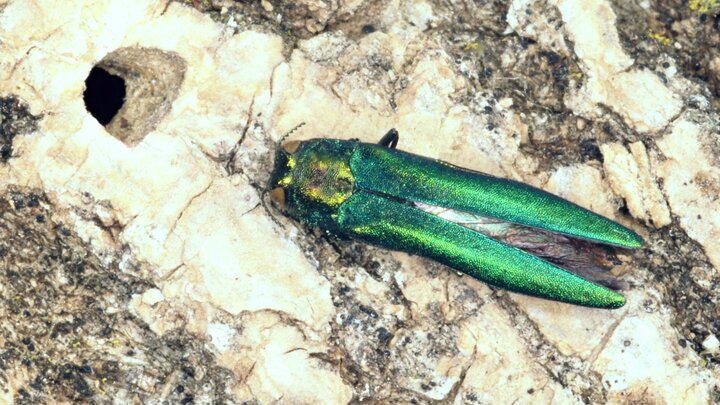
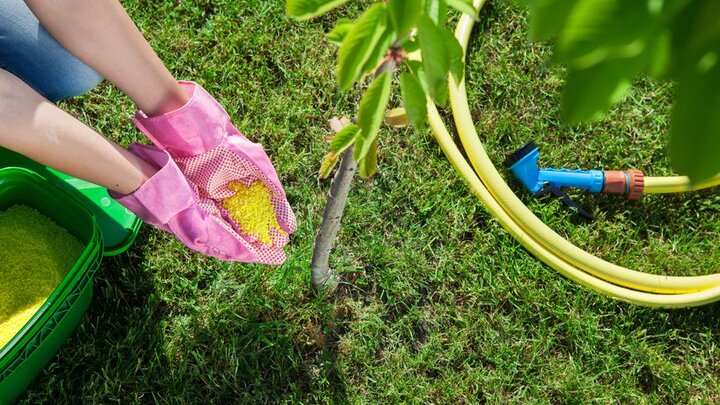
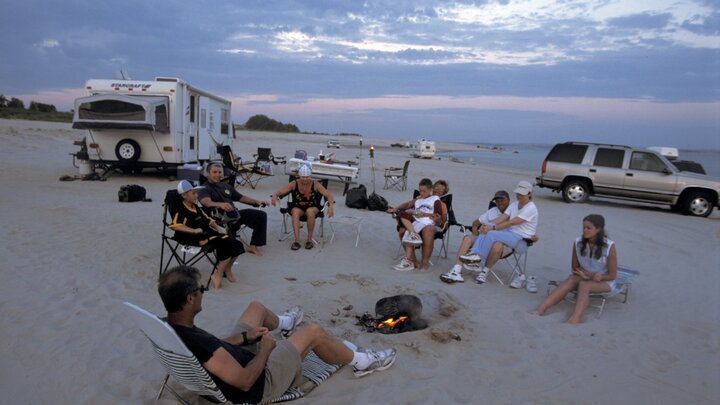
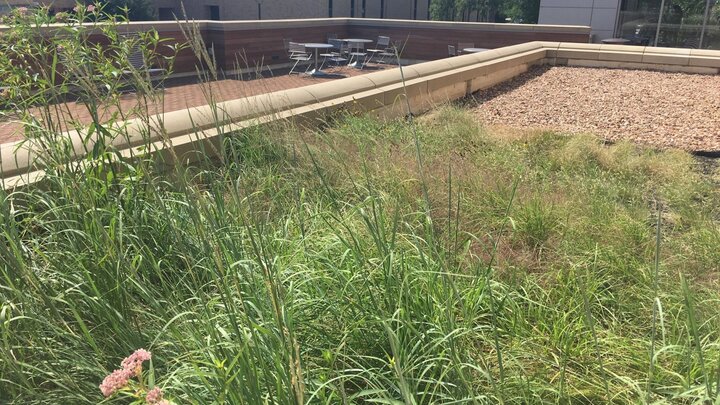
“Green roofs” are an increasingly popular practice that can accomplish a wide variety of jobs in the urban landscape.
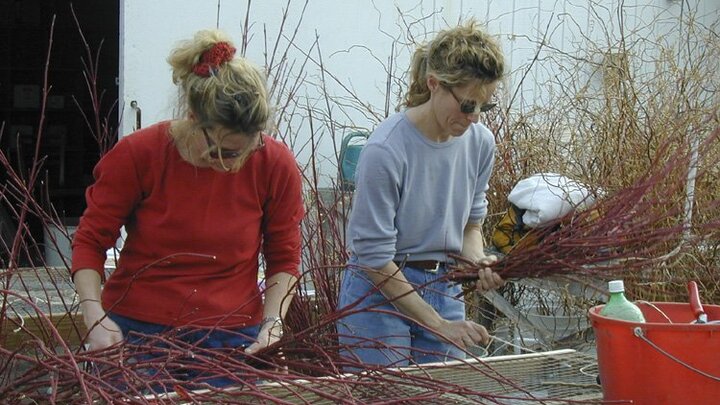
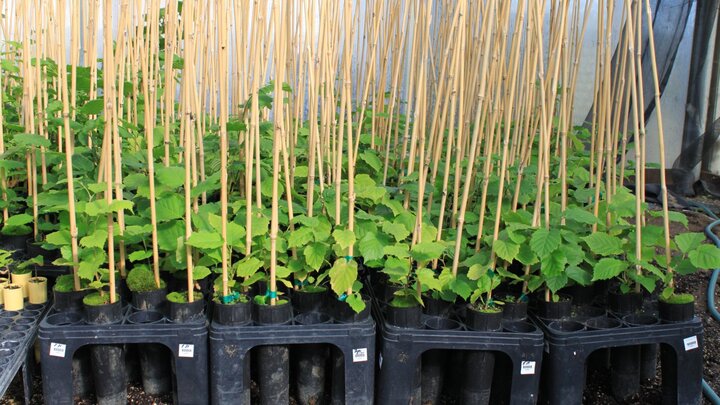
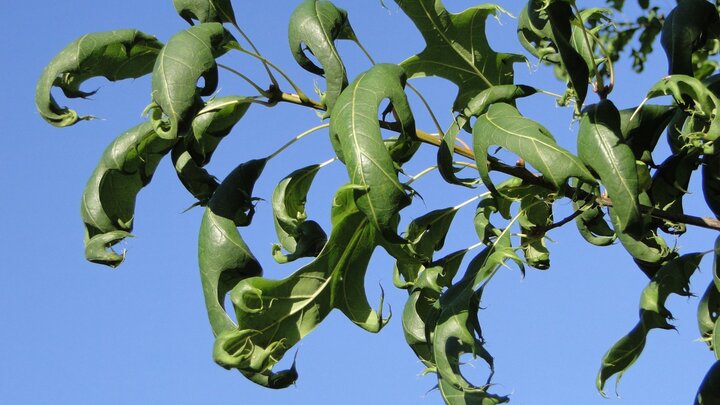
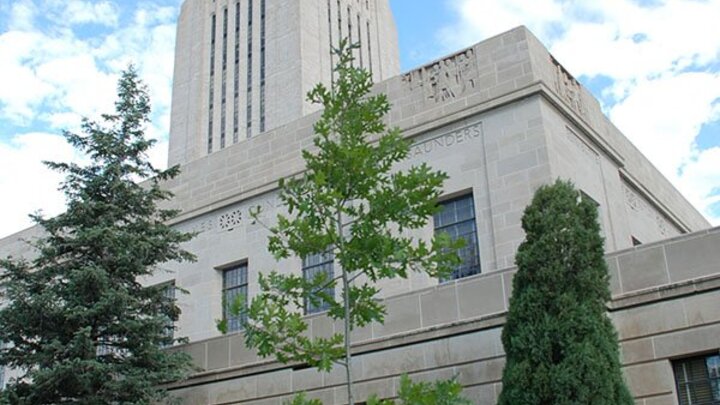
Proper planting is critical to the establishment of healthy, thriving trees. The planting guidelines below have been developed to help new trees get off to a successful start.
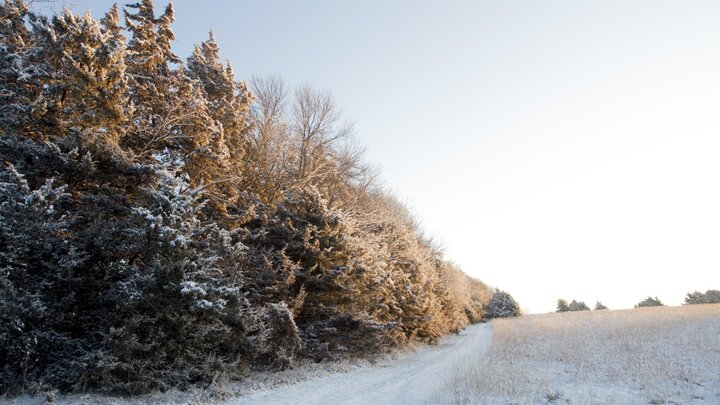
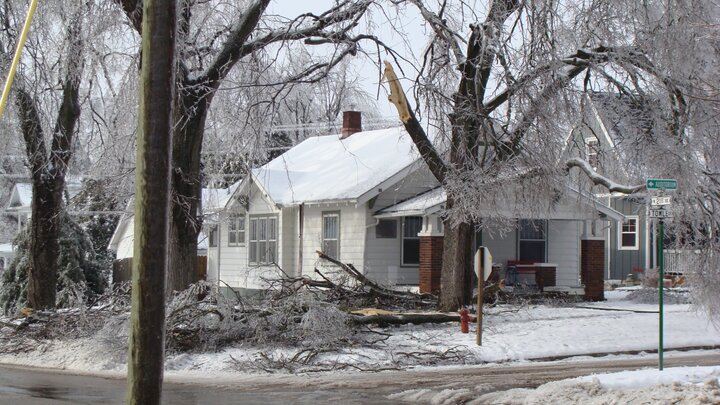
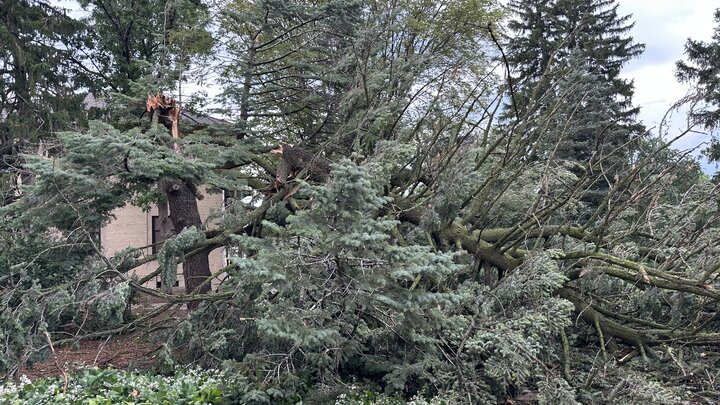
Loose branches and split trunks are obvious safety concerns that should be dealt with as soon as possible to avoid injuring someone or damaging property if the branch or tree falls.
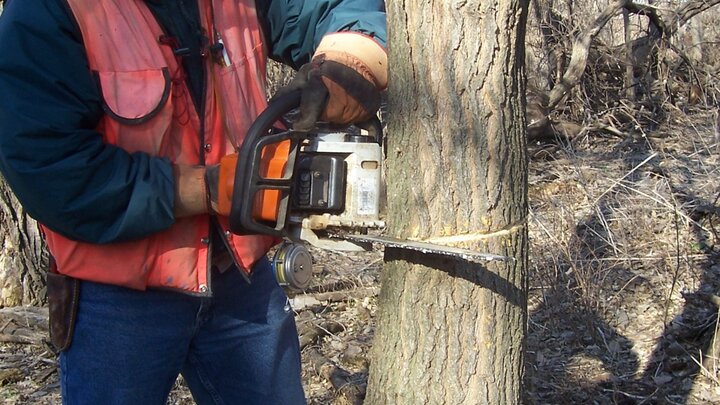

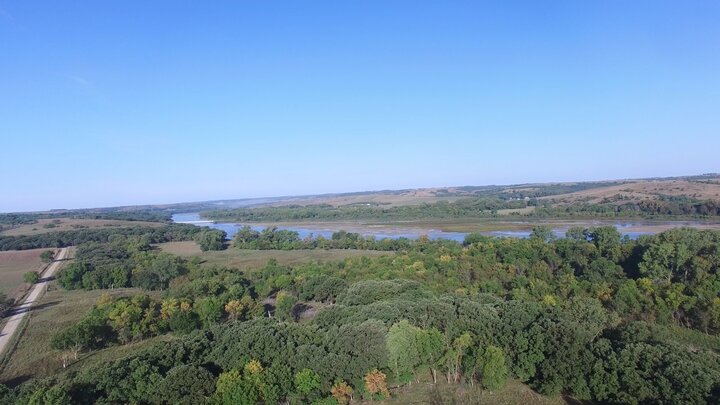
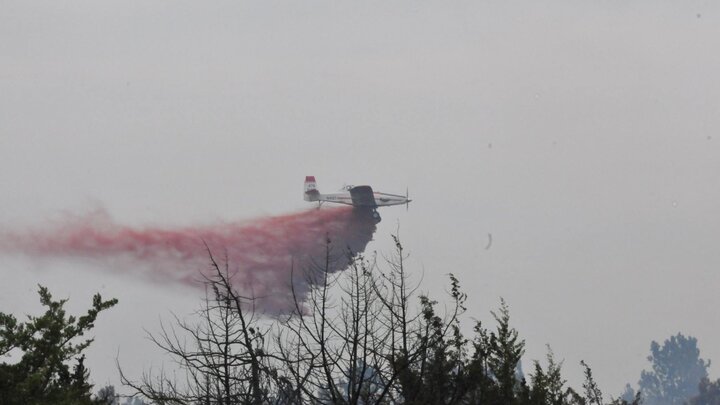
The Wildfire Control Act of 2013 enabled the establishment of Single Engine Air Tanker (SEAT) bases in Nebraska.
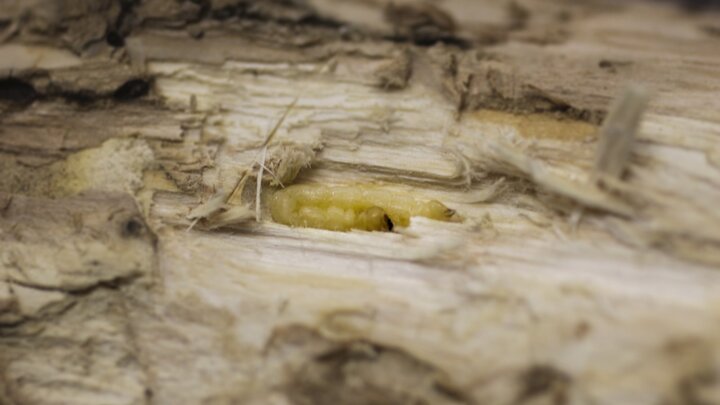
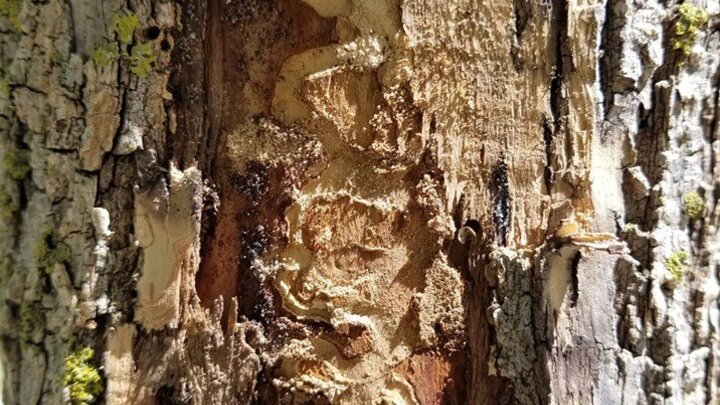
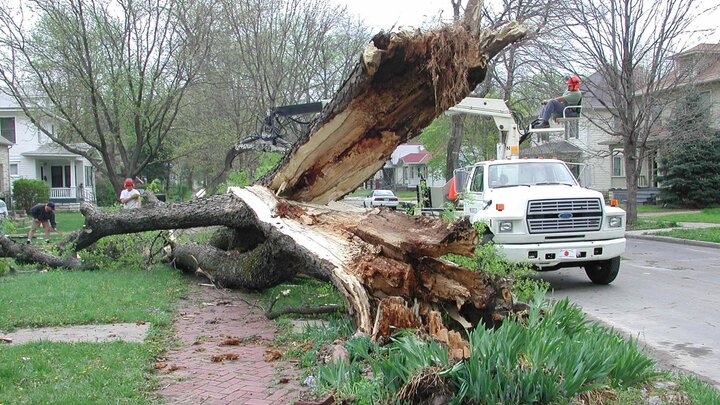
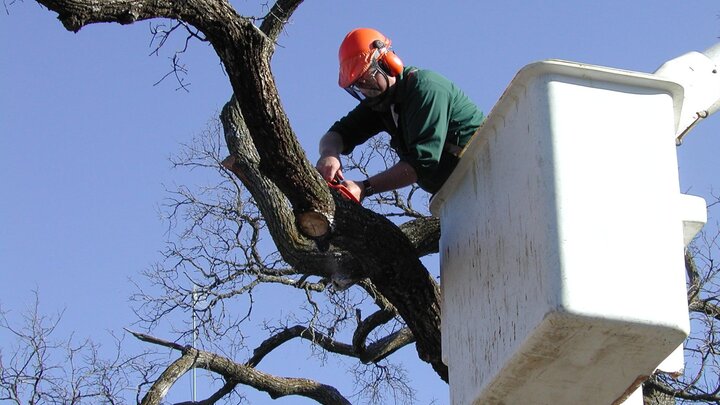
A Red Flag Warning is issued by the National Weather Service (NWS) when weather conditions exist for destructive or rapidly spreading fires.
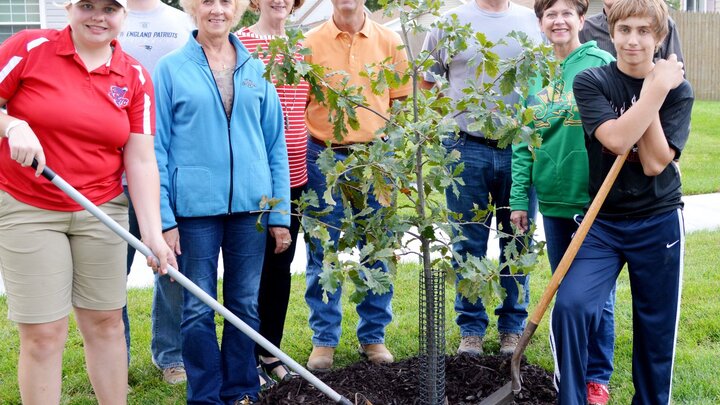
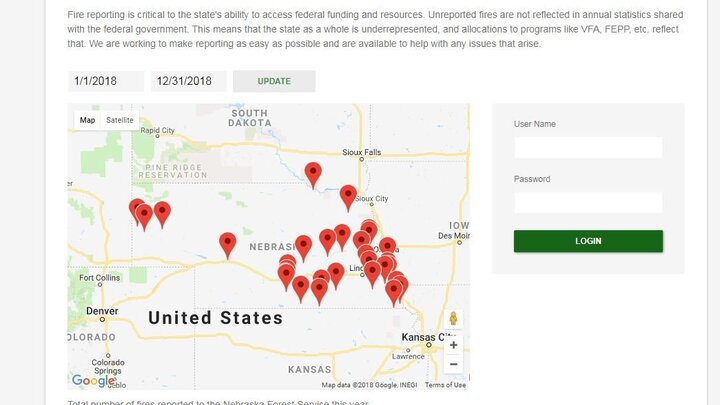
Reporting wildfire activity is an increasingly vital tool that supports many of Nebraska's core volunteer fire department programs, such as the Volunteer Fire Assistance, Federal Excess Personal Pr
When properly cared for trees can provide benefits for generations, so deciding which tree to plant takes careful consideration.
